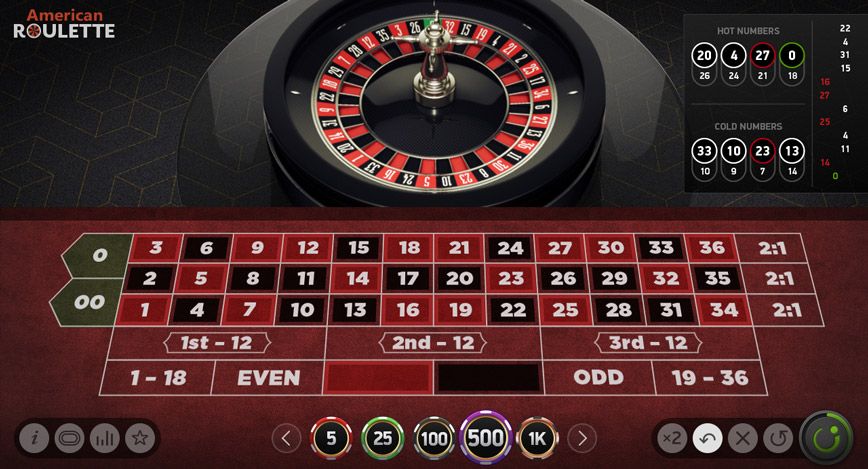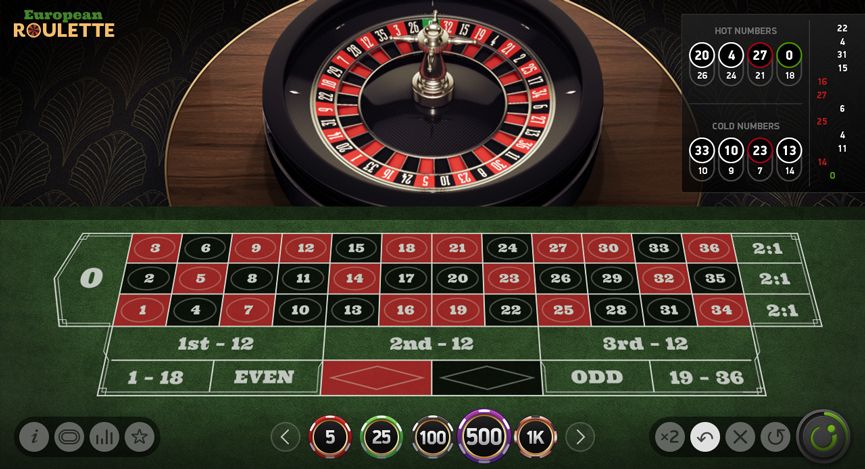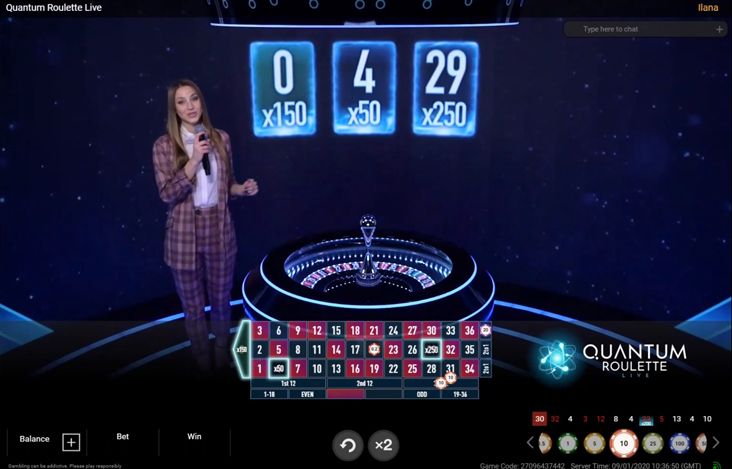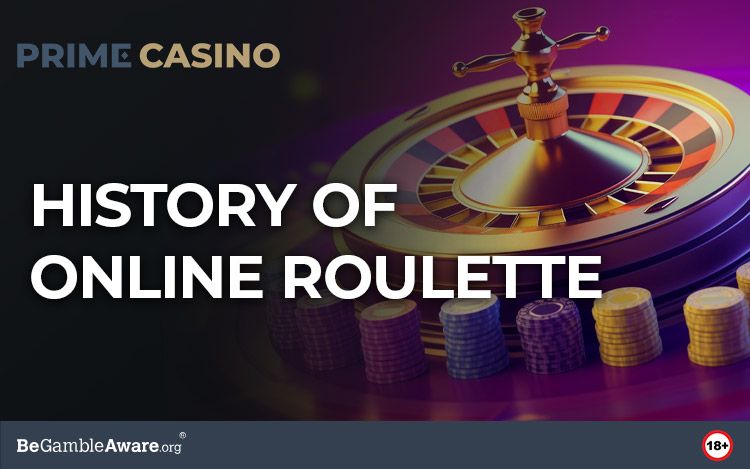Originating in 18th-century France, roulette has become one of the world’s most popular casino games. With the rise of online gaming in the 1990s, roulette entered the digital space, and today, players can choose from a vast array of online and live dealer options. Explore how roulette evolved into an online classic.
Summary
- Roulette originated in 18th-century France.
- It remains one of the most popular casino games worldwide.
- The game transitioned online in the early 1990s.
- Today, a wide range of online roulette games, including live versions.
The Early Roulette
Roulette is a simple yet thrilling game with a rich history, from its beginnings in France in the late 1700s to its enduring popularity in casinos worldwide.
Birth in 18th Century
The roulette wheel was created by chance in 1655 by Blaise Pascal, a French physicist and mathematician, during his quest for a perpetual motion machine. Although perpetual motion proved impossible, Pascal's invention became the foundation for the roulette wheel.
The word “roulette” means “little wheel,” and the game quickly gained popularity among French aristocrats before spreading across Europe and eventually reaching the United States and Canada.
Roulette in Europe and the U.S.
Roulette became particularly popular in European casinos, especially in Monte Carlo. Interestingly, the zero pocket wasn’t added to the wheel until the mid-19th century, when Francois and Louis Blanc designed a version with a single zero for King Charles III of Monaco. The added house edge generated significant income for the kingdom.
When roulette made its way to the U.S., American casinos added an extra zero pocket, increasing the house edge even further. Today, American roulette wheels still feature the double-zero format.

Transition to the Digital World
The internet's invention and growing accessibility in the 1990s allowed the roulette table game to enter the online gaming space. Microgaming launched The Gaming Club in 1994, and Cryptologic's Intercasino followed in 1996, both featuring roulette among their early games.
As internet use became more widespread, online casinos gained popularity, making roulette and other table games accessible from home.
The Growth of Online Roulette
By 2008, hundreds of online casinos offered roulette. Initially, players were hesitant to wager online due to security concerns, but as technology improved, online roulette gained acceptance as a convenient alternative to physical casinos.

Playing Roulette Today
Today, there are thousands of online roulette games available, and reputable online casinos are regulated by organisations like the UK Gambling Commission.
From Flash to Live Dealer Games
Early online roulette games used Adobe Flash, which, while accessible, could be slow and prone to crashes. In 2014, the introduction of HTML5 transformed online gaming, allowing smoother play across both mobile and desktop devices.
Technological advancements also enabled live dealer roulette, where players can watch the casino action in real-time, streamed directly to their devices for a more immersive experience.
Legal and Regulatory Milestones for Online Casinos
Online casinos are now required to use Random Number Generators (RNGs) to ensure fair and randomised outcomes. Additionally, casinos offer tools to help players manage their gaming, including deposit limits and self-exclusion options.

Mobile Roulette: Gaming on the Go
The advent of smartphones made gaming accessible from anywhere, allowing players to enjoy online roulette from their mobile devices. Optimised for mobile use, these games provide a smooth experience on the go, whether at home, on public transport, or anywhere else.
Play Roulette at Prime Casino
Roulette is a timeless game that remains as thrilling today as it was centuries ago. With its straightforward yet exciting gameplay, roulette has delighted players for generations. Sign up at Prime Casino and explore our range of online and live roulette games.










